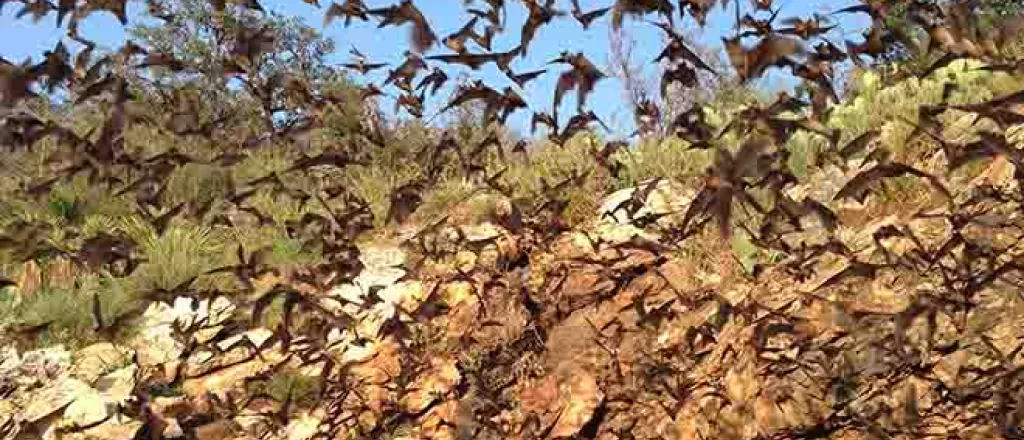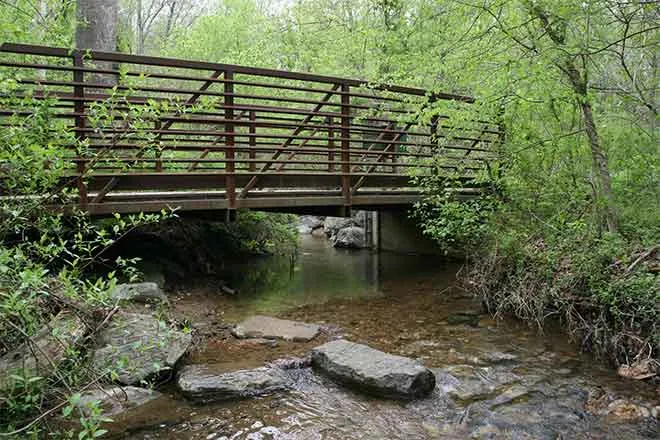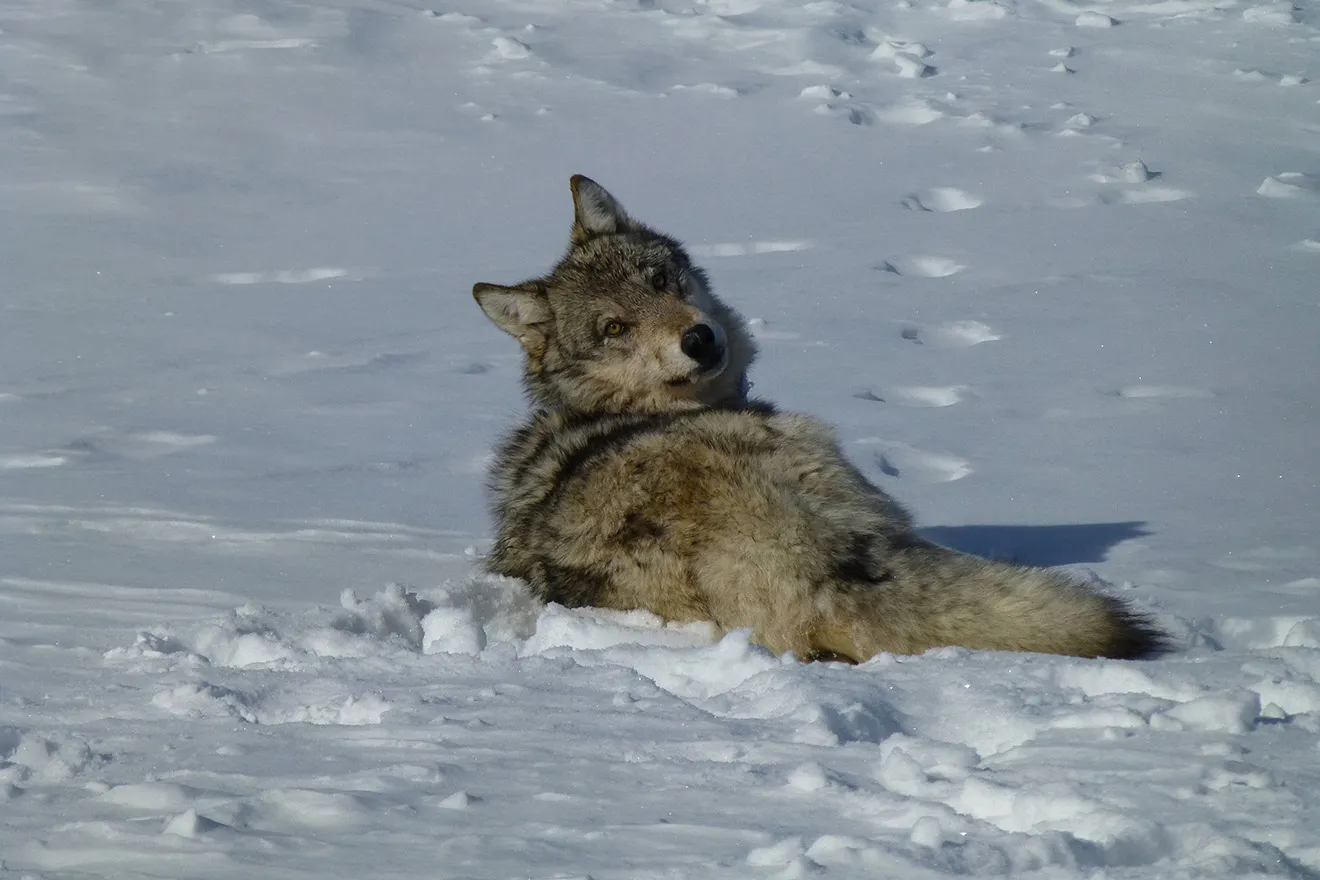
Wildlife advocates: Bats provide $50 billion worth of natural pest control
(North Carolina News Service) As Halloween approaches and thoughts may turn to spooky bat costumes, advocates for endangered species are reminding everyone bats are not creatures to fear.
Bat Week is underway, and wildlife advocates in North Carolina are urging residents to learn about these enigmatic creatures and the advantages they provide.
Ben Prater, southeast program director for Defenders of Wildlife, said bats contribute $50 billion dollars in natural pest control, and a new management plan may not adequately safeguard their critically important ecological role.
"Bats get a bad rap," Prater asserted. "They're a source of myths and legend and things that aren't best to help endear these animals to us. Bats play a critically important role in our ecosystems. People can enjoy at dusk knowing that bats are working hard to reduce pests and insects and keep our ecosystems healthy."
Prater emphasized the significance of the U.S. Forest Service and Fish and Wildlife Service in ensuring management plans allocate resources with the specificity and detail needed for the recovery and maintenance of the diverse bat species in the Nantahala and Pisgah National Forests.
Prater pointed out bats have suffered because of white nose syndrome, a lethal fungal disease affecting them during hibernation. He urged minimizing the use of pesticides and insecticides in backyards to assist in the conservation of wildlife, as the substances can be harmful to a wide range of species.
"I recommend that folks embrace getting a little bit messy with it, allowing shrubby areas to persist, you know, if a tree comes down, allowing that habitat to remain," Prater outlined. "Many of those features that may not look desirable to us are critically important for bats and other wildlife."
Seventeen bat species call the Nantahala and Pisgah forest area their home, and four of those are endangered. Prater suggested individuals could go as far as installing a bat box on trees in a south-facing area. This can assist in enhancing and providing additional habitat for bats, supporting their resilience against various threats.

















